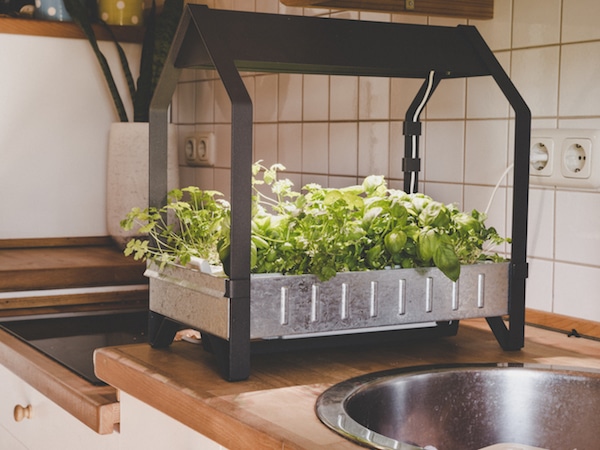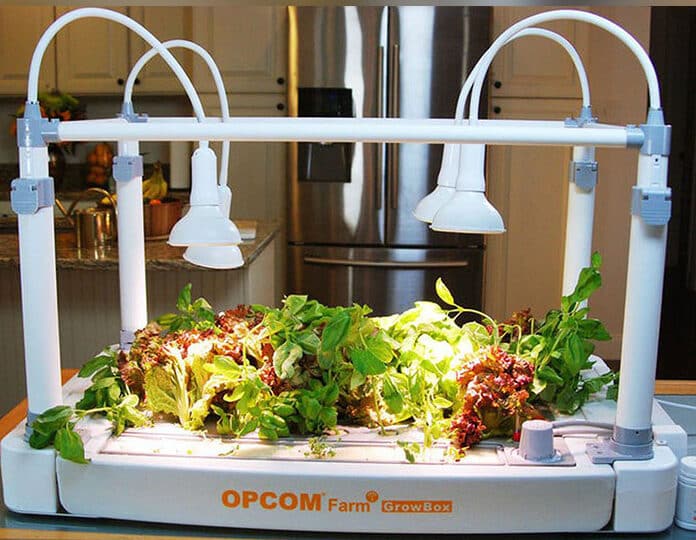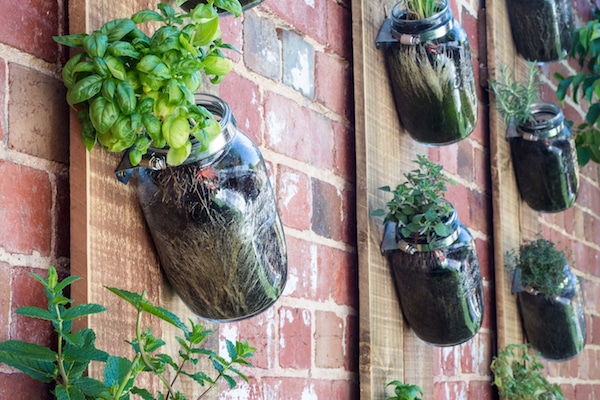
Growing plants or herbs indoors is one of the most common hobbies in the U.S. Even folks without a green thumb manage to pick up a few houseplants. In Fact, 66 percent of Americans own at least one plant. Many “plant parents” live in apartments or condos and optimize their small spaces to create plant-filled environments. Millennials often use the term plant parent to describe their relationships with the “plant babies “they nurture and grow. While boomers may be downsizing, they still manage to make space in their homes for beautiful plants and tasty edibles.
- 7 in 10 millennials are plant parents
- Houseplants improve productivity by 15 percent
- 67 percent of adults grow or plan to grow edible plants
Improves Health and Wellness
Stress is a by-product of living in a technology-driven society. Being digitally connected 24/7 has resulted in technostress, a modern ailment caused by the inability to deal with stress in a healthy way. The journal of Physiological Anthropology studied the benefits derived from interacting with houseplants. The results indicate that indoor plants reduce stress by suppressing automatic activity in the nervous system. After 15 minutes, participants in the study felt soothed, comfortable, and natural after interacting with plants. The activity also lowered the participants’ diastolic blood pressure. This study is one of several that show plants positively affect mental health.
Plants Purify the Air
Nasa scientists often conduct groundbreaking research that has practical applications beyond space exploration. In 1989, the organization wanted to improve an aircraft’s air quality by removing volatile organic compounds (VOCs) from the cabin. Researchers discovered that the roots, foliage, and soil of common houseplants reduced the level of interior pollutants such as formaldehyde and carbon monoxide up to 87 percent in 24 hours. Recent studies have validated Nasa’s research. A survey conducted in 60 office buildings found that adding plants to the environment reduced airborne toxins by 50-75 percent. Plants have been proven to reduce indoor pollutants and improve the overall well-being of plant owners.

Motivations Differ by Generation
Plants give millennials who are not parents a sense of joy and purpose. Growing plants requires significantly less responsibility than raising a child or caring for a pet. Younger millennials tend to be renters rather than homeowners. Since their homes have limited space, caring for houseplants tends to be the natural solution. Their main worries revolve around plant care and maintenance.
- 60 percent—Making sure plants get enough sunlight
- 56 percent—Making certain plants get enough water
- 48 percent—Keeping plants alive
Younger gardeners say they are primarily interested in growing plants for food or have an activity that the entire family can share. Older gardeners enjoy the beauty associated with plants and the ability to get physical exercise.

Plant Parenthood Spurs Record Sales
According to the National Garden Association, Americans spent a record $52.3 billion on lawn and garden products last year. Twenty-five percent of sales were generated by millennials who have embraced “plant parenthood.” Consumers ages 35-44 spent about $608—up to $105 from 2020. Growing edible plants is a hobby that pays for itself since every $1 finished yields $6 worth of produce.
Increase Indoor Gardening Sales
Retailers who operate in areas with apartment complexes and senior living communities have an opportunity to increase sales. Offering equipment that fits in small spaces is the ideal solution for indoor gardeners. Compact garden kits make growing edibles simple and stress-free. LED lights are essential for plants in dark areas. It’s a good idea to stock a mixture of basic supplies and hi-tech products. Selling potting soil, planters, snips, spray bottles, and seeds, along with more sophisticated merchandise, offers something for beginning to expert gardeners.





